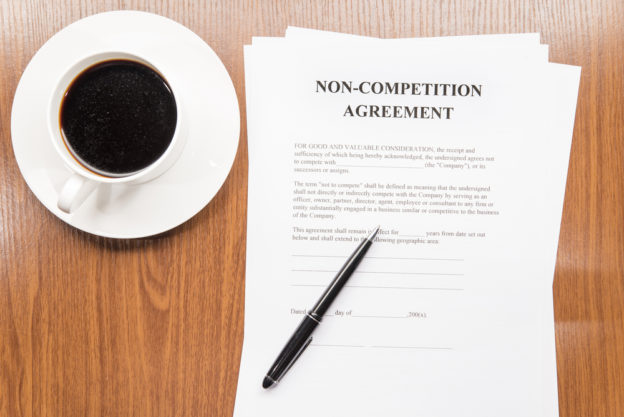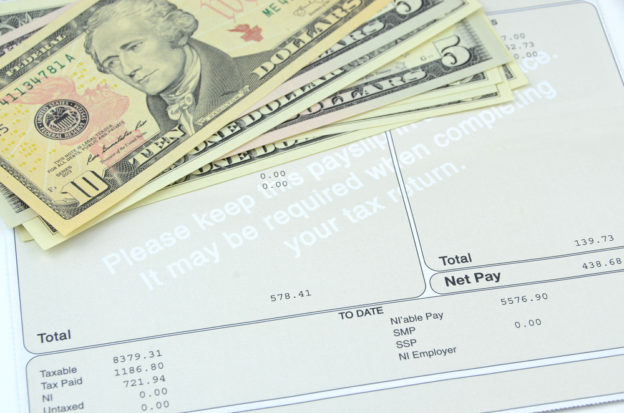
Juan Obregon
By Juan Obregon
Question: Can we require an employee to sign a noncompete agreement before they receive their final paycheck?
Answer: In short: no, employers cannot withhold an employee’s final paycheck until they sign a non-compete. Doing so likely violates Colorado’s restrictive covenant statute (Colo. Rev. Stat. 8-2-113) and the Colorado Wage Claim Act (Colo. Rev. Stat. 8-4-101, et seq).
Under Section 8-4-109 of the Colorado Wage Claim Act, when the employer terminates an employee, “wages or compensation for labor or service earned, vested, determinable, and unpaid at the time of such discharge is due and payable immediately.” When an employee quits “the wages or compensation shall become due and payable upon the next regular payday.” Either way, if the employee performed the labor to earn those wages, they are due and failing to pay it timely could subject the employer to significant penalties. Read more


